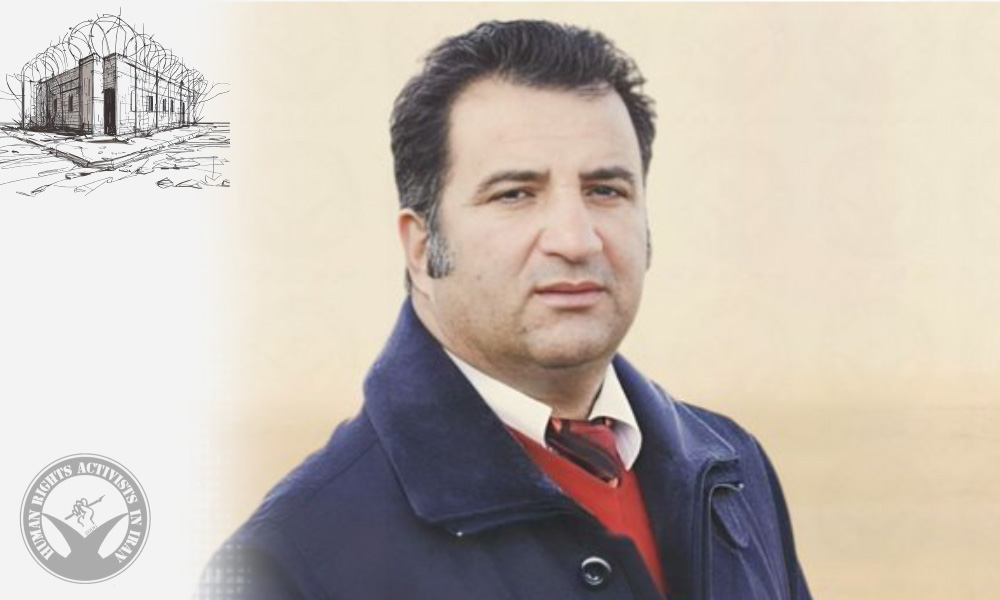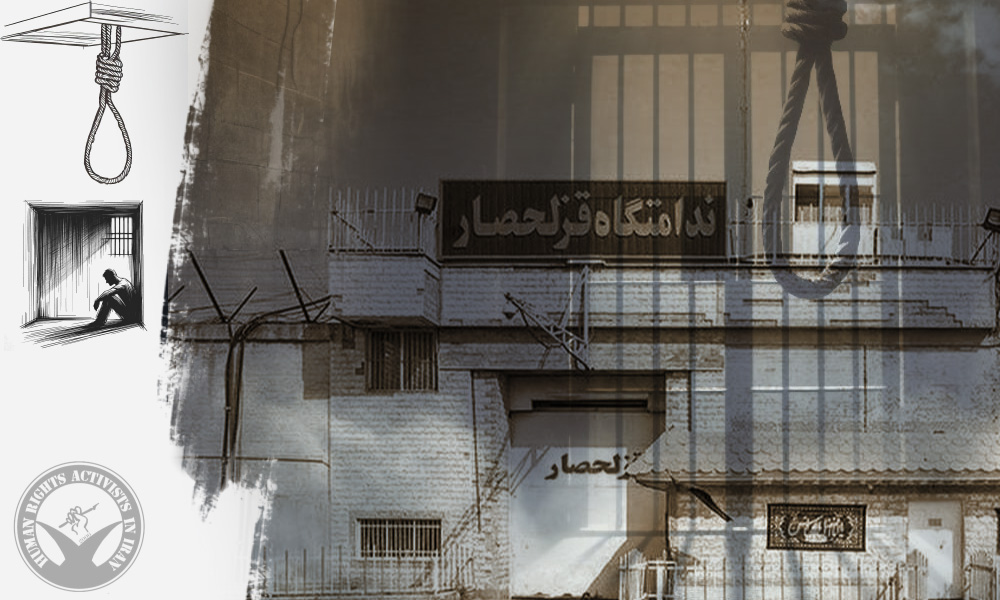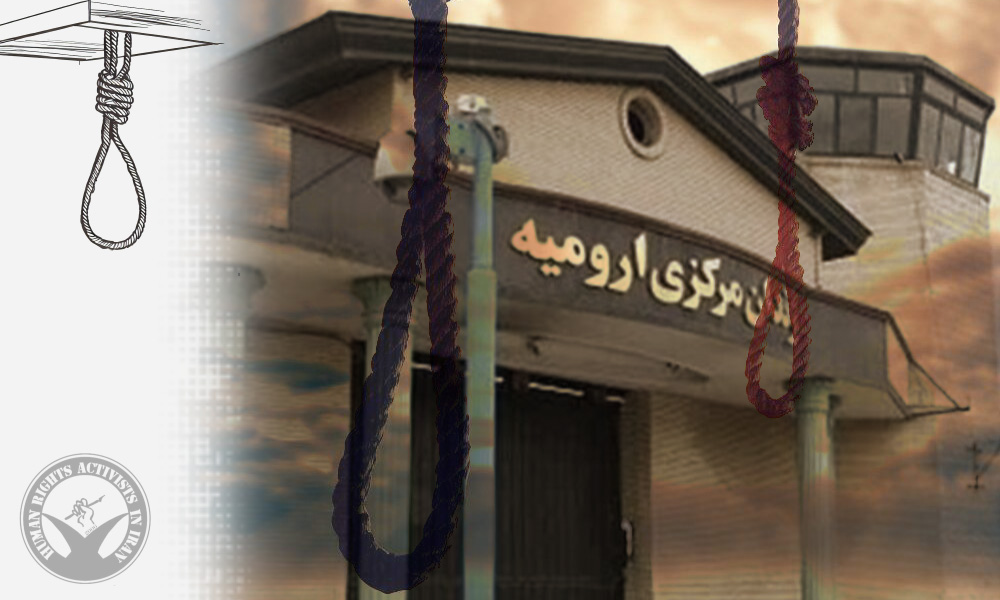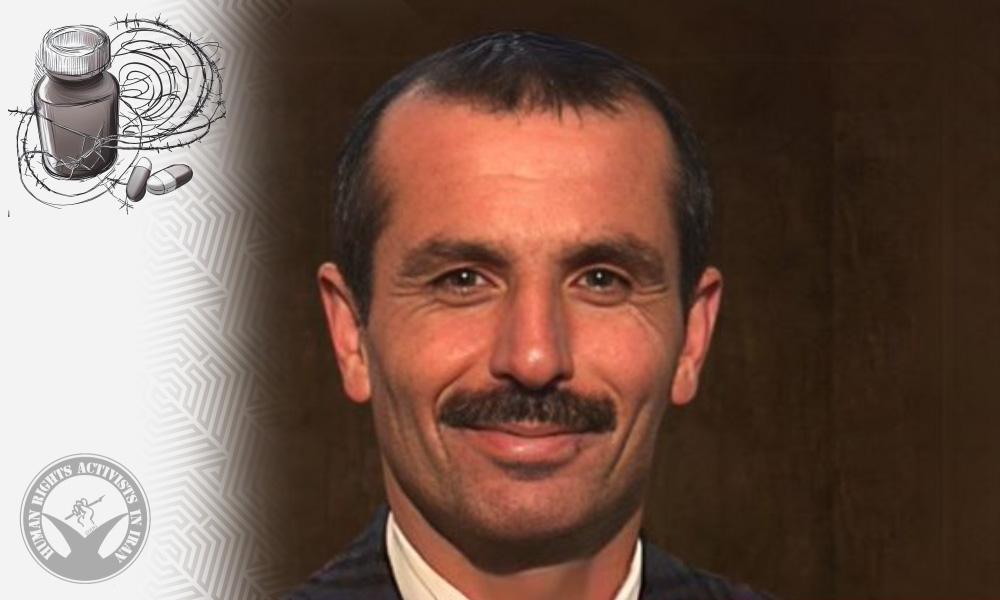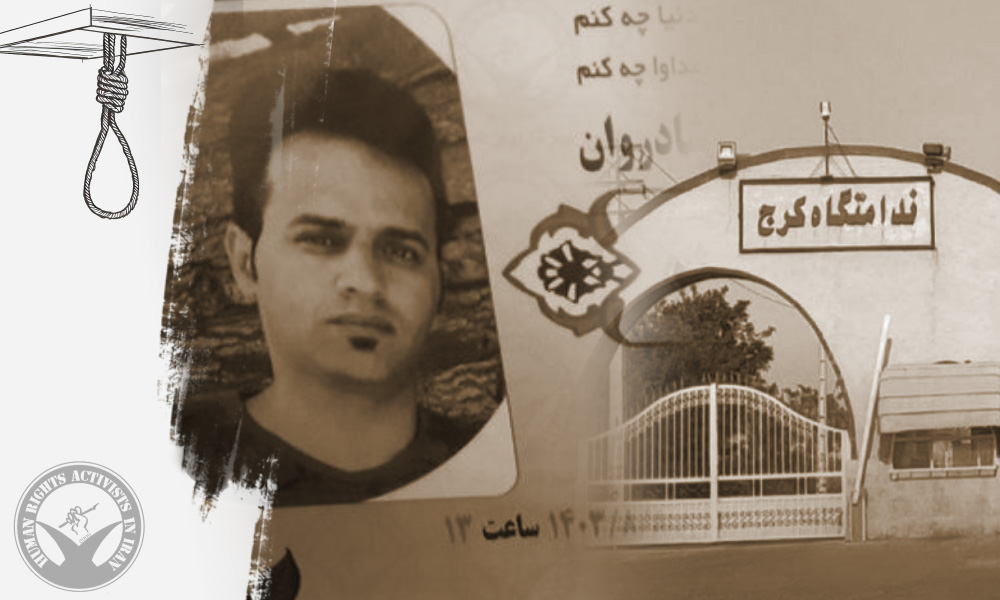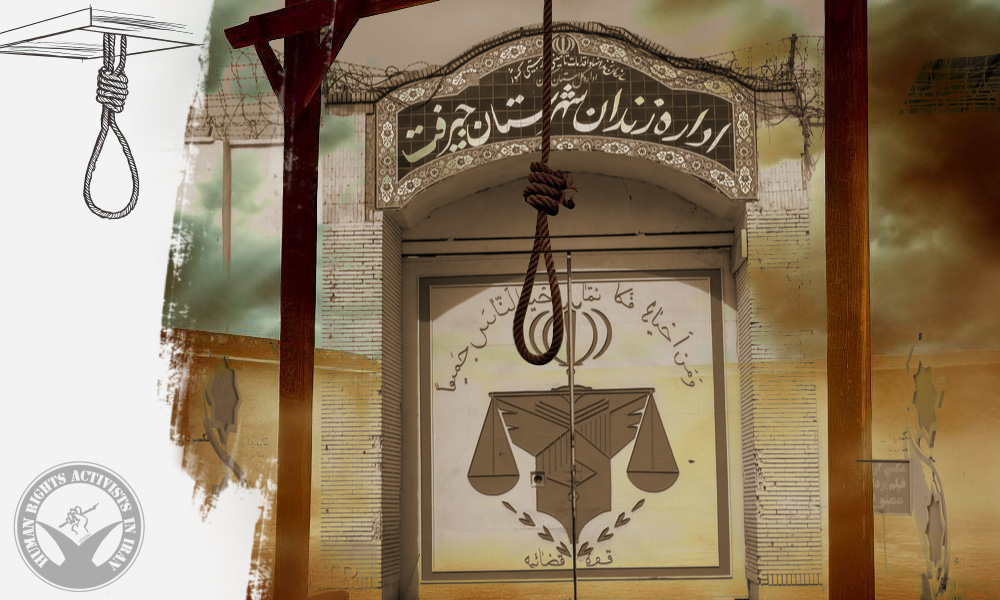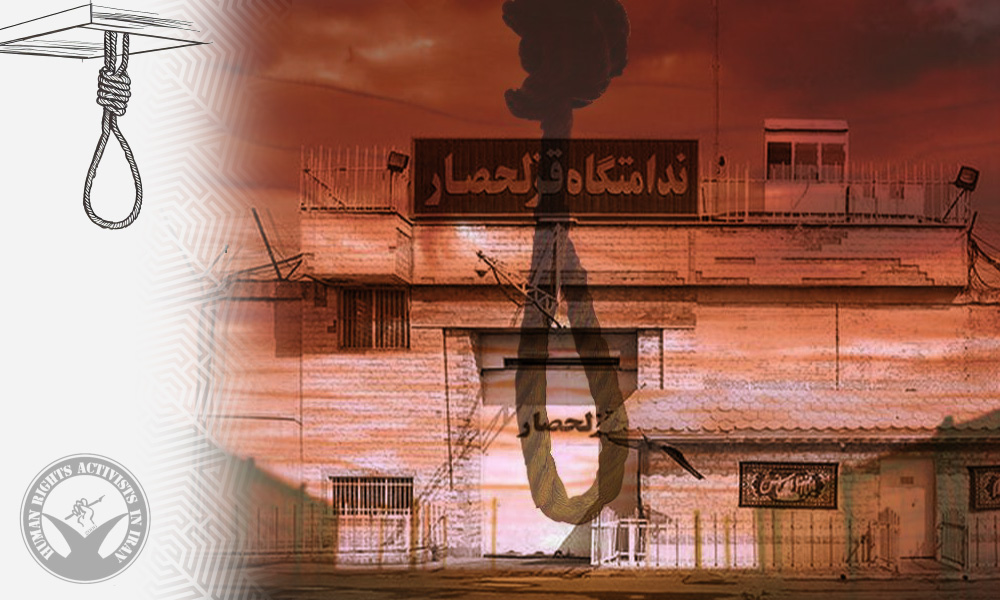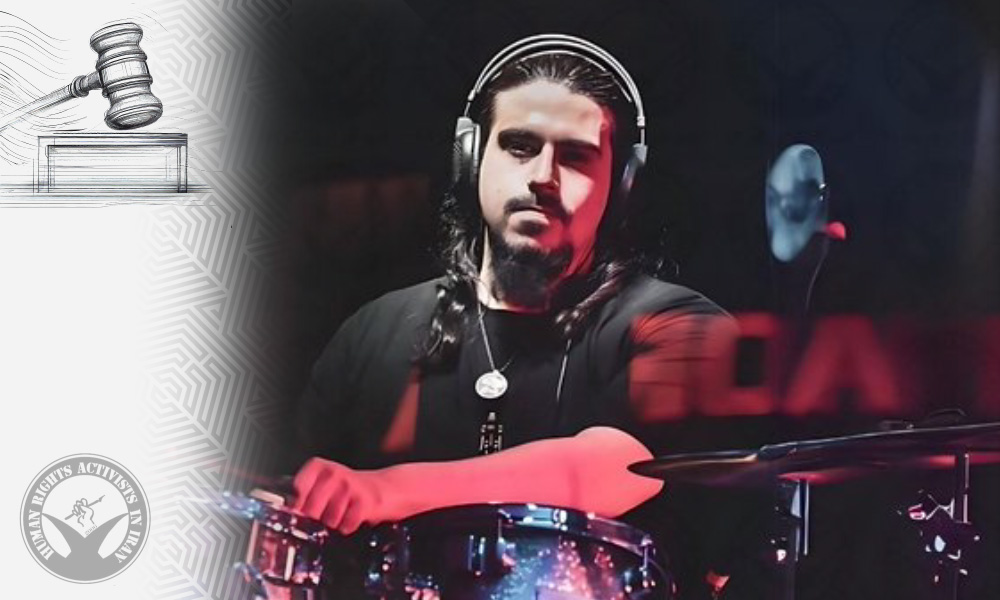Political prisoner Gholamhossein Kalbi is now in his 24th year of a life sentence at Sheiban Prison in Ahvaz. He suffers from multiple health conditions, yet has been denied specialized medical care and transfer to treatment centers.
As per HRANA’s information, Mr. Kalbi suffers from a hernia, ear and dental infections, and has recently contracted a fungal infection that has caused severe toe infections. Despite his worsening condition and repeated transfers to the prison infirmary, he has only received basic examinations and minimal medication due to limited medical resources. Kalbi urgently needs specialized medical care, which has yet to be approved.
According to a source close to the case, the Ministry of Intelligence, overseeing Kalbi’s file, recently rejected his request for transfer to a prison near his home in Mahshahr. “He is held in Sheiban’s security ward, where he lacks any area for exercise and lives in overcrowded conditions, with twice the capacity in his cell,” the source told HRANA.
Kalbi was arrested on January 8, 2001, along with Saeed Masouri, in Dezful, on charges of membership in the People’s Mojahedin Organization of Iran. In 2002, he was sentenced to death by the Tehran Revolutionary Court on charges of “enmity against God” (Moharebeh). His death sentence was later commuted to life imprisonment.
After his arrest, he spent 14 months in solitary confinement at the Ministry of Intelligence’s detention facility in Ahvaz before being transferred to Ward 209, and later to Ward 350 of Evin Prison. Following his sentencing, he was moved to Mahshahr Prison and later to Karun Prison in Ahvaz. After the closure of Karun Prison in February 2016, he was transferred along with other prisoners to Sheiban Prison.
In October 2016, his brother, the last remaining member of his family, suffered a stroke and passed away while en route to the prison for a face-to-face visit with him—a visit he had managed to secure after five years of effort. The judicial authorities denied Mr. Kalbi leave to attend his brother’s funeral.




